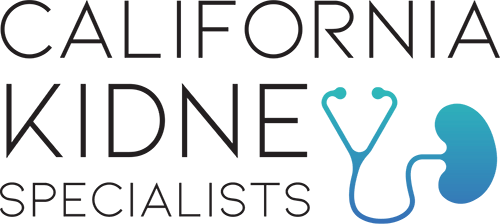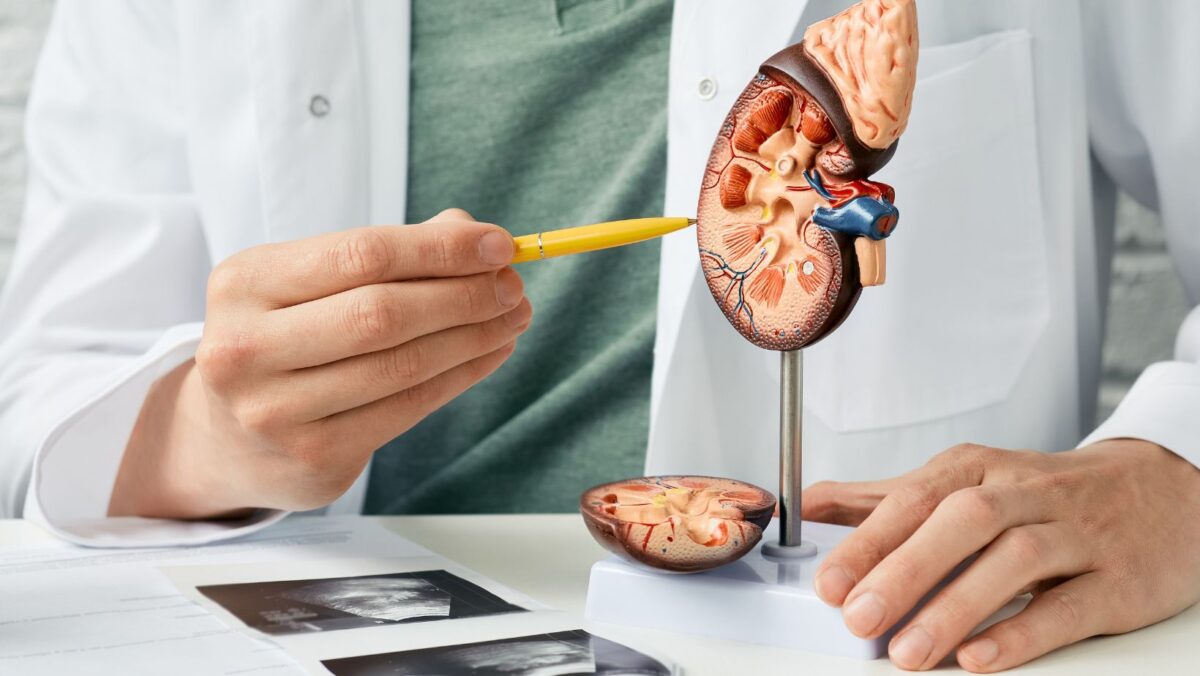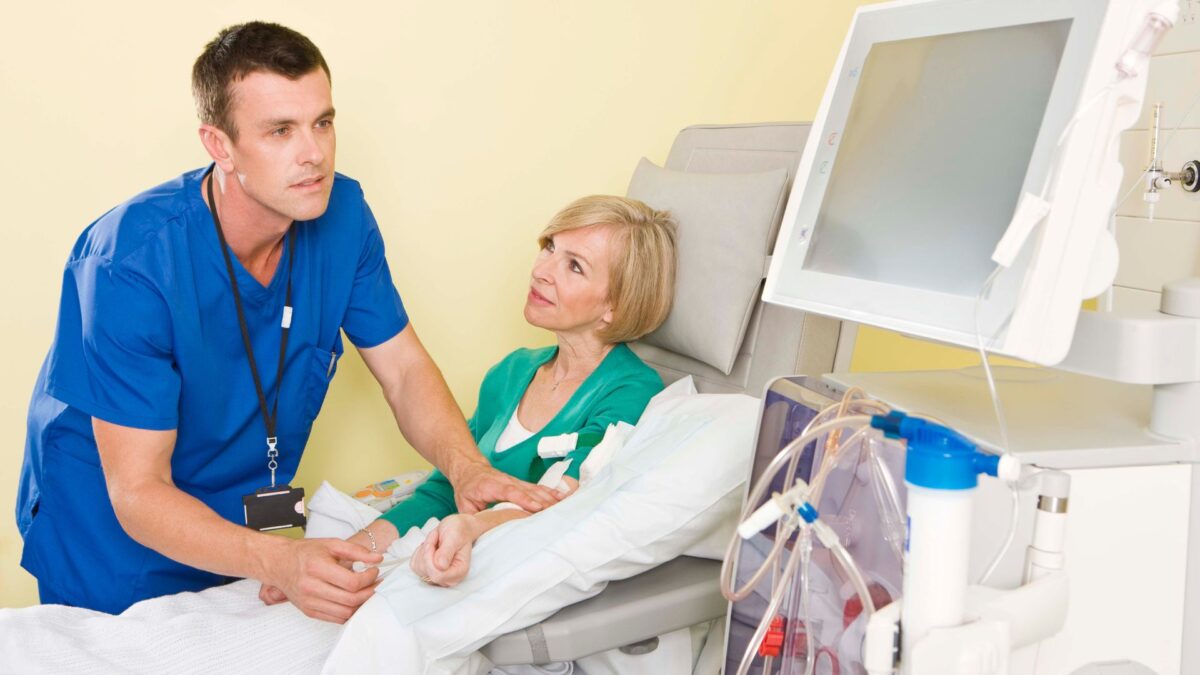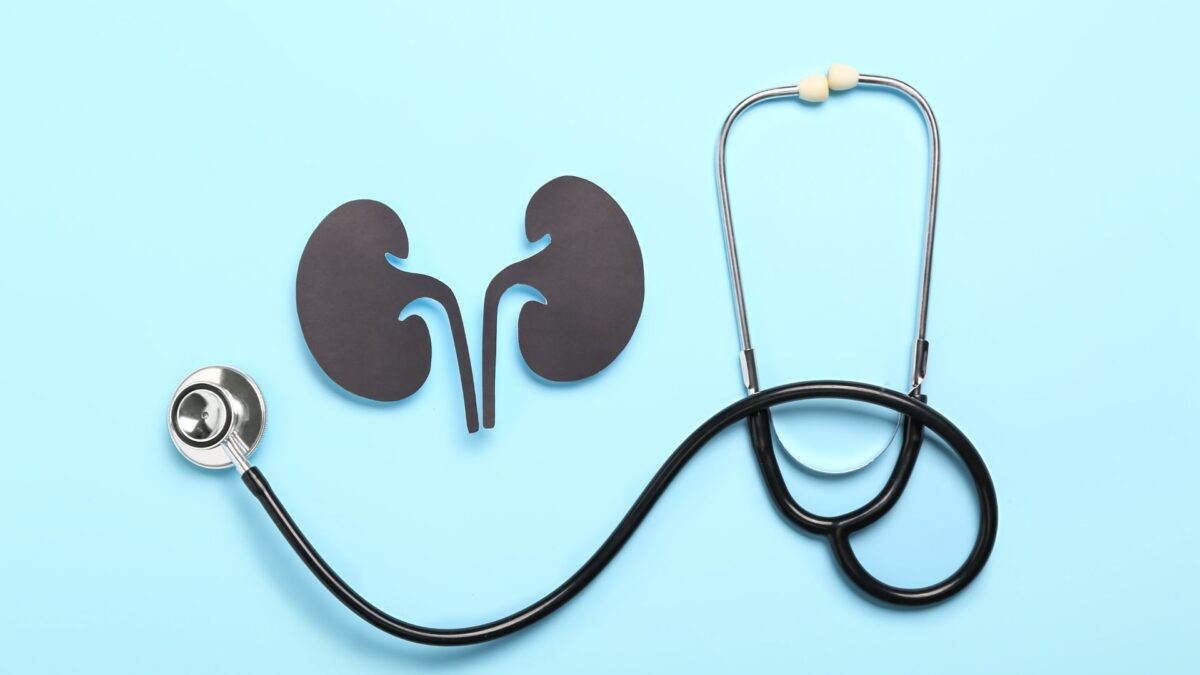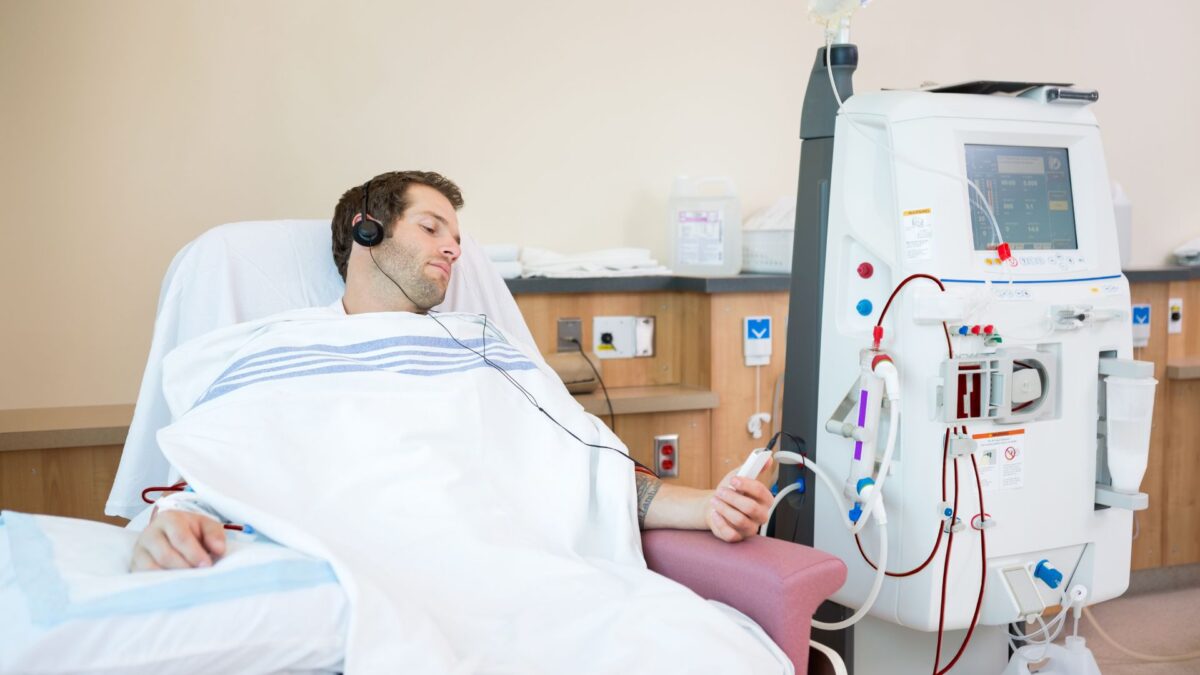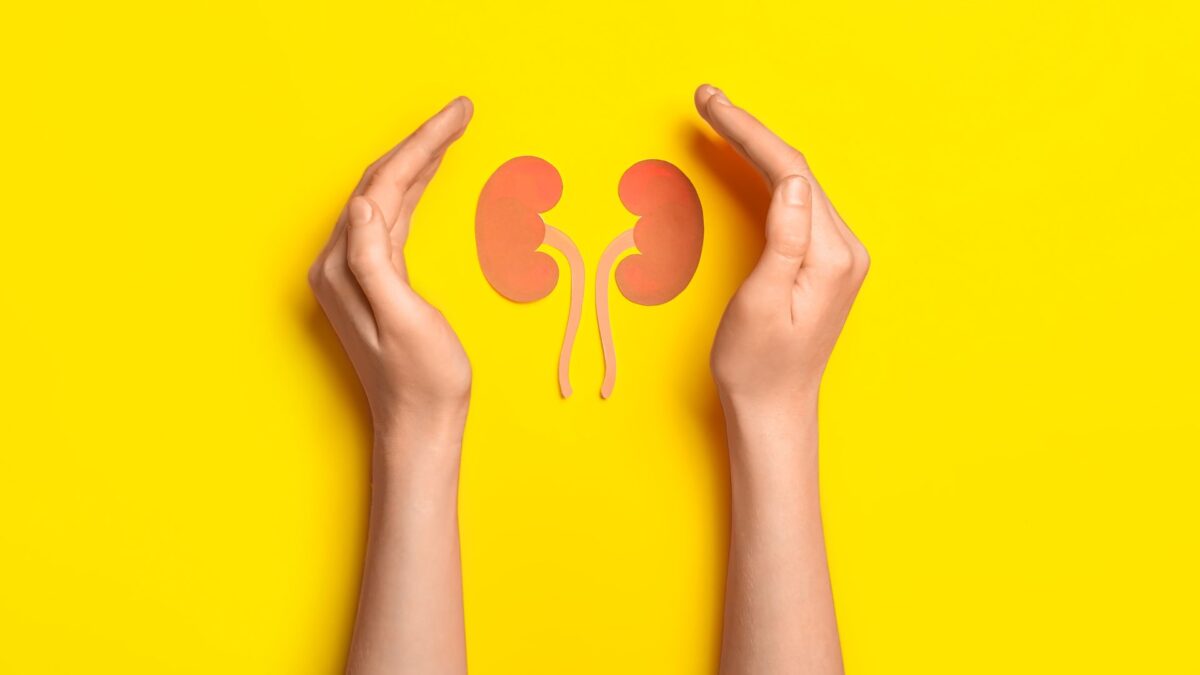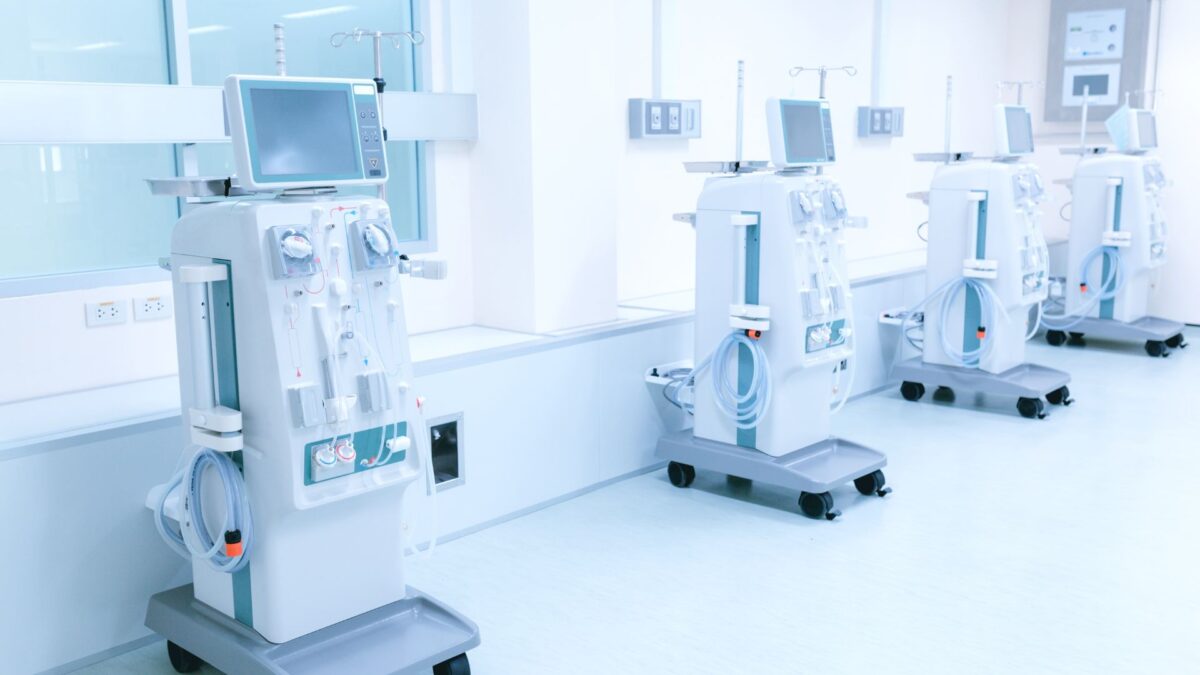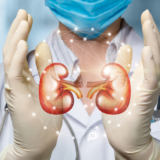Proper kidney function is an essential part of leading a healthy life, so it’s important to get regular kidney function tests (KFTs) to detect any underlying issues. KFTs help identify any abnormalities in the kidneys, urinary tract, and other related organs. They can also be used to monitor existing conditions like diabetes, high blood pressure, and other health problems that can cause kidney damage.
Having a KFT done regularly can help you detect any potential conditions early and avoid serious long-term damage or complications from going untreated. It’s also important to get KFTs if you’re taking medications or other substances that can affect your kidneys. That way your doctor can monitor your results and make sure you don’t have any adverse reactions or changes in your renal health. Regular testing is the best way to ensure proper kidney health for the long term!
Types of Kidney Function Tests: Blood, Urine, Imaging
If you have been experiencing kidney issues, you may need to undergo a kidney function test to evaluate the health of your kidneys. The test evaluates the amount of waste product being removed from the bloodstream by the kidneys and is therefore a great indicator of overall kidney functioning.
Kidney function tests can typically be divided into three main types: blood tests, urine tests, and imaging tests.
- Blood Tests – Blood tests measure levels of waste products in your bloodstream, like creatinine. They also check electrolyte levels, which are another key indicator of kidney health. Blood tests can provide a detailed picture of how well your kidneys are working and help your doctor diagnose any kidney-related problems you may be experiencing.
- Urine Tests – Urine tests allow for a more in-depth look into what is happening in your kidneys. Your urine can tell how much protein and other substances are being eliminated from your body as well as which substances are not being filtered correctly by the kidneys. This information can then be used to determine whether there is an issue with one or both of your kidneys that needs to be addressed.
- Imaging Tests – Imaging tests use X-rays or ultrasound technology to take pictures inside your body and help identify structures or malfunctions within them. In this particular case, imaging tests can provide a detailed look at any blockages or abnormalities within the renal system and can help determine if there’s an underlying cause for any issues you may be experiencing with your kidneys.
Overall, these Kidney Function Tests make it possible for doctors to accurately diagnose any underlying issues with your kidneys so that you can get the proper care needed for
How Kidney Function Tests Work
You might be wondering exactly what happens when you get a kidney function test. Well, these tests work by measuring the amount of certain elements in your blood or urine. These elements can include creatinine and urea nitrogen, which are both naturally produced by your body and indicators of kidney health.
Blood Tests
A sample of your blood is taken and analyzed to measure the levels of these elements. The results from these tests will give doctors insights into how well your kidneys are filtering waste from your body. Depending on the severity of any issues, treatment options may be discussed with you if necessary.
Urine Tests
Various urine tests can also be done to further analyze the waste in your kidneys. These tests include:
- Urinalysis — This test looks for abnormalities in urine color, clarity, proteins, sugar, ketones, and other substances that may indicate kidney disease or another illness.
- 24-Hour Urine Test — For this test, you’ll be required to collect all of your urine in a given day to measure an entire day’s worth of waste and other substances excreted by the kidneys such as sodium and creatinine.
- Creatinine Clearance Test — This measures creatinine levels in both urine and blood samples to determine how much creatinine is cleared from your body per minute – which directly reflects how well kidney filtration is working.
So there you have it – now you know how kidney function tests work!
Interpreting the Results: What Do My Kidney Function Test Scores Mean?
Now that we’ve gone over what your kidney function tests are and the types of tests that exist, let’s talk about how to interpret the results.
The first thing you’ll want to look at is the estimated glomerular filtration rate (eGFR). This number gives you an estimate of your kidneys’ ability to filter waste from your blood. Typically, an eGFR between 60-90 is healthy for adults. A score lower than that could be an indicator of kidney damage or disease.
If any of your kidney function test results exceed laboratory reference values, it could indicate a kidney disorder. Your doctor or healthcare provider will explain what these terms mean, and provide a diagnosis and treatment plan to manage any further care you may need.
It’s important to note that in some cases, abnormalities in kidney function can be identified without needing any tests at all. Symptoms like swelling in ankles or legs, fatigue or difficulty sleeping, and decreased urine output are all signs of possible issues with your kidneys that should be addressed by a qualified healthcare provider immediately.
Ultimately, understanding the purpose and procedure behind kidney function tests can help you get insight into your overall health—so if you’re concerned about possible issues with your kidneys, it’s important to get tested right away to make sure everything is functioning properly!
The Best Kidney Specialists and Nephrologists in the US
Getting the best treatment for your kidneys is essential for good health and longer life. That’s why it’s important to find the best kidney specialists and nephrologists in the United States California Kidney Specialists is one of the largest kidney care groups In Southern California with over 35 years of dedicated service & has a team of experienced nephrologists, kidney transplant specialists and kidney transplant surgeons in California.
